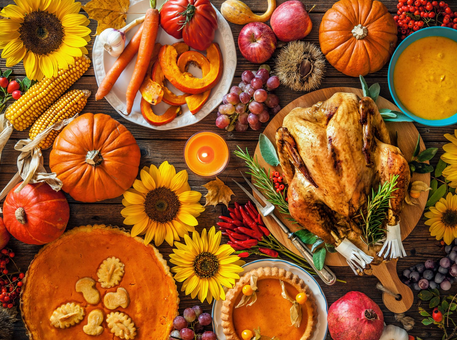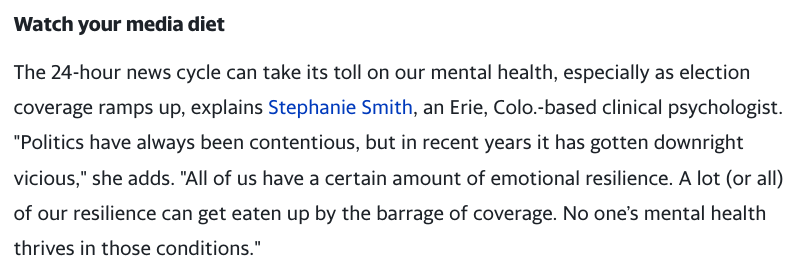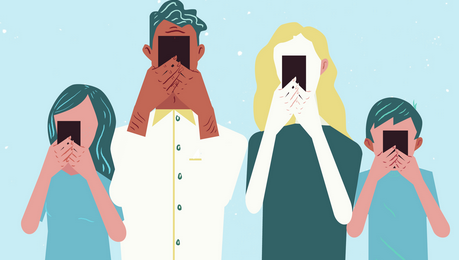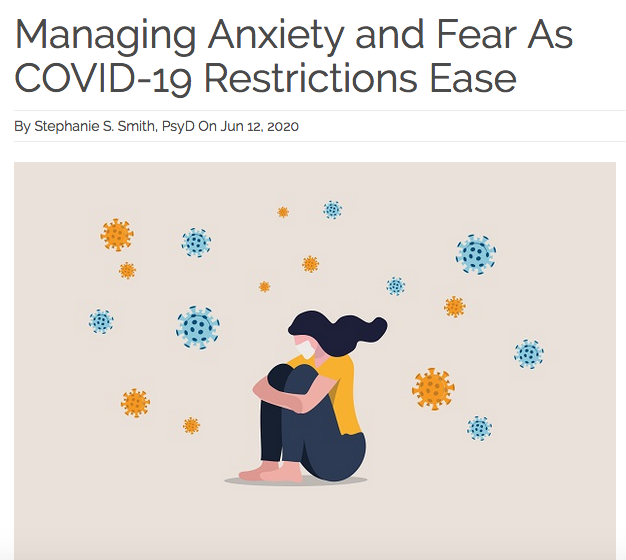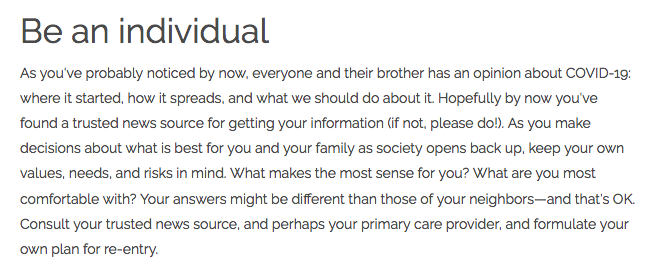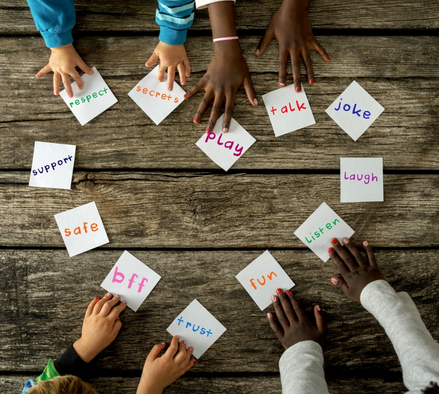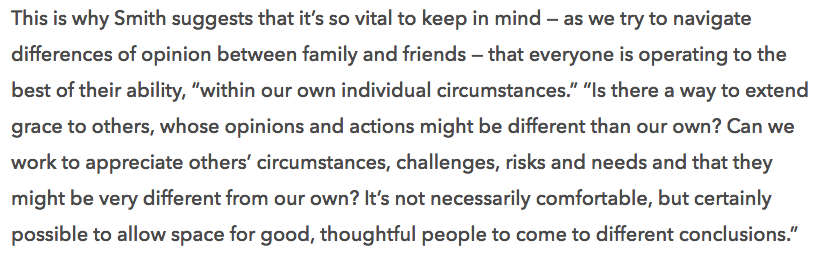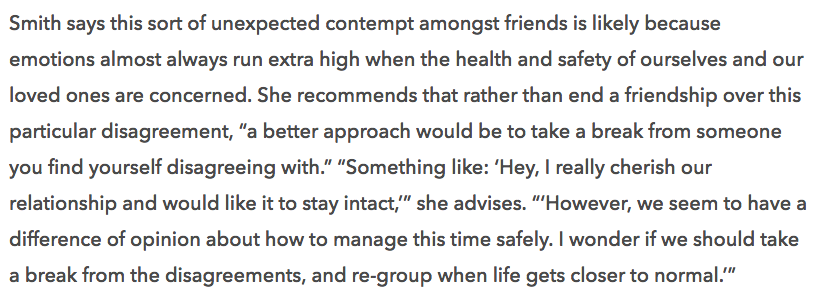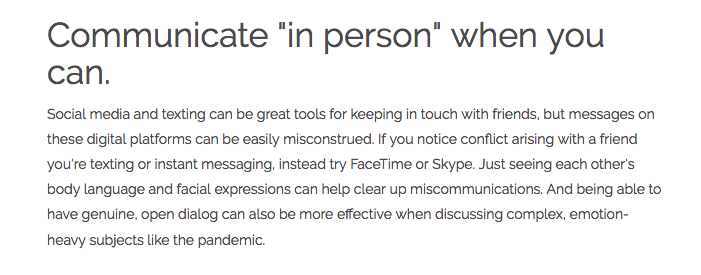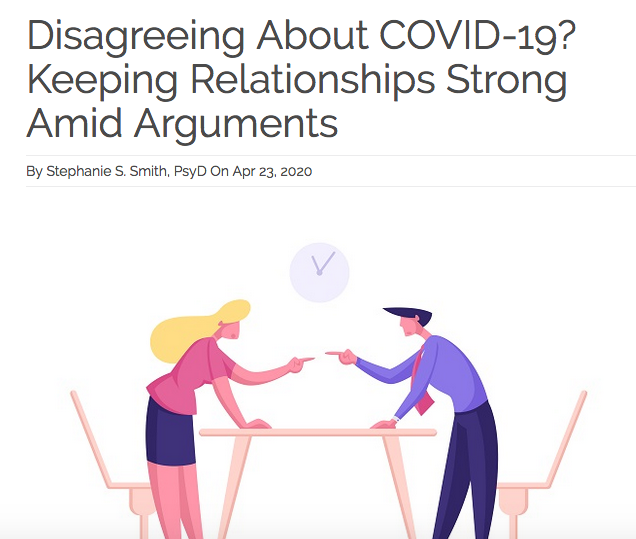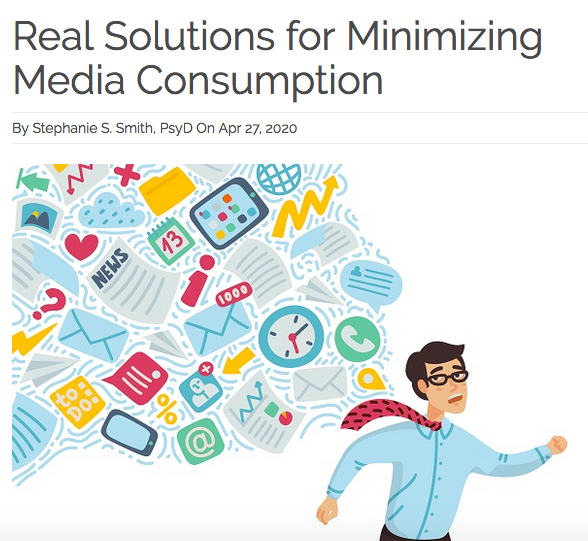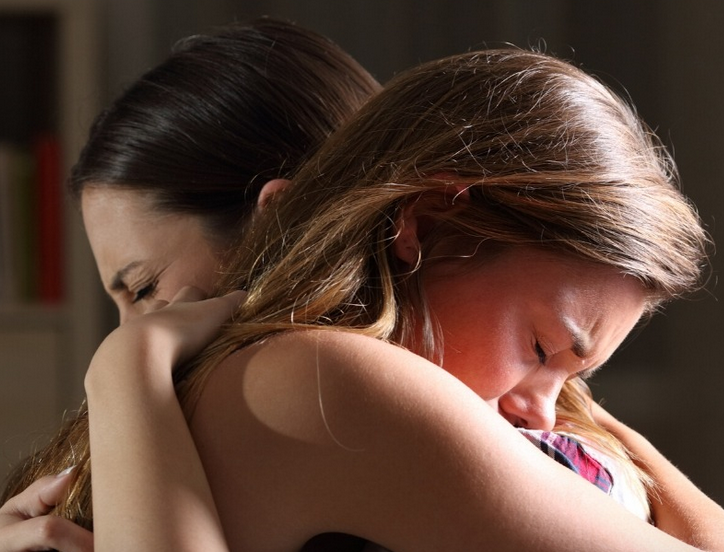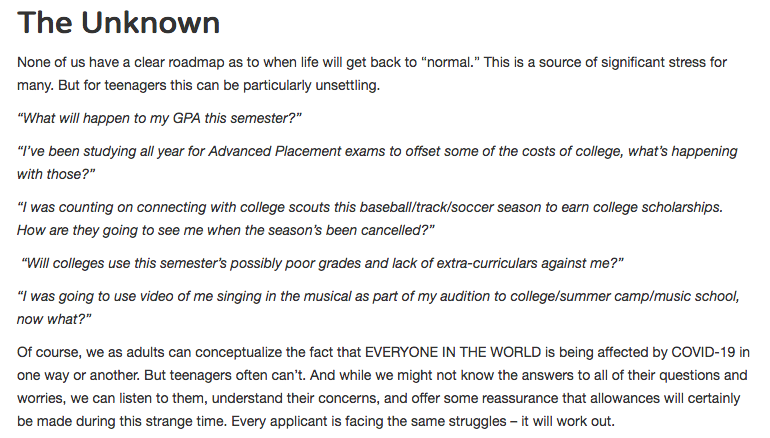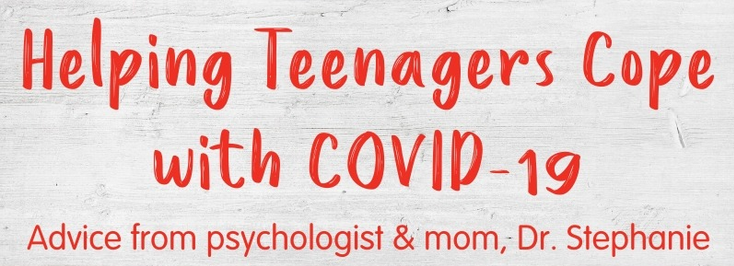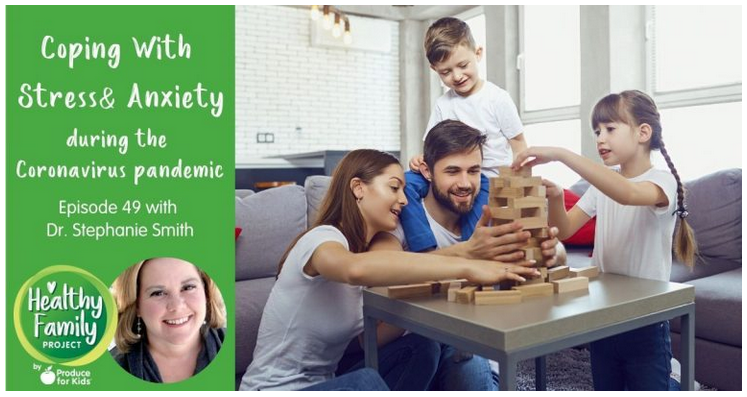
Well, here we are. The holiday season is upon us, and COVID rages on. We certainly aren’t where we hoped we would be at this point in the pandemic – to say the least.
Typically, this time of year is one of a lot of excitement and anticipation, but it’s also tough on a lot of us. Grief, overwhelming busyness, unrealistic expectations, family strife, financial strain – there are just so many reasons why the end of the year is tough on many Americans’ mental health. I’m wondering if this year might be a little different.
Of course, all of the above struggles (and more) are very real, but I’m wondering if the slower pace of life over the next few weeks will be a relief to some? Will taking a break from holiday parties, family get-togethers, and other holiday-related obligations help us experience the holidays in a different way? Will the forced slow-down of life make us more aware of the things that are really important to us, and more willing to let go of the things that aren’t?
This will likely (hopefully!!!) be the only holiday season in our lifetimes like this. Experts are indicating that by Thanksgiving/Holidays 2021, life will look closer to “normal.” Let’s hope so! But in the meantime, what can we learn from the quietness of this season?
